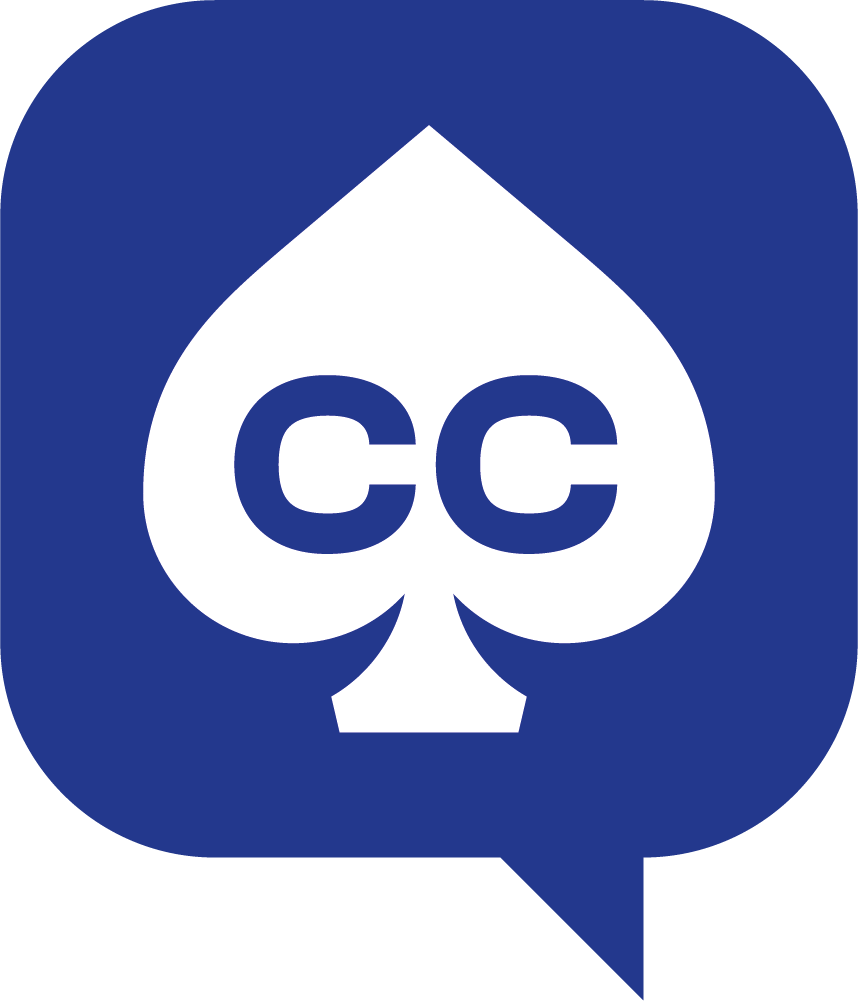F Paulsson
euro love
Silver Level
I haven't made blog crossposts for awhile, because generally speaking I don't think they're needed. Those who are interested in the blog read it and those who aren't don't have to. The reason I made crossposts early on was to remind those with short attention spans of the blog's existence, but hopefully we're past that by now.
However!
Today I'm making a brief comeback to the crosspost arena, because I'm looking for feedback, and people tend to respond more generously in the forums than in the comments section of the blog. So:
[dead link]BD2
I decided two days ago that I'd start playing NL more seriously, and I've also decided to make regular updates on the blog about the major differences I notice between limit and no-limit games. It's sort of a track list of stuff I learn, I suppose you could say.
Comments and input on the blog post linked above are more than welcome! Am I correct in my assessment? Am I overestimating how likely it is that people fold the flop to a half-pot or pot-sized bet? Etc.
However!
Today I'm making a brief comeback to the crosspost arena, because I'm looking for feedback, and people tend to respond more generously in the forums than in the comments section of the blog. So:
[dead link]BD2
I decided two days ago that I'd start playing NL more seriously, and I've also decided to make regular updates on the blog about the major differences I notice between limit and no-limit games. It's sort of a track list of stuff I learn, I suppose you could say.
Comments and input on the blog post linked above are more than welcome! Am I correct in my assessment? Am I overestimating how likely it is that people fold the flop to a half-pot or pot-sized bet? Etc.
Last edited by a moderator:

